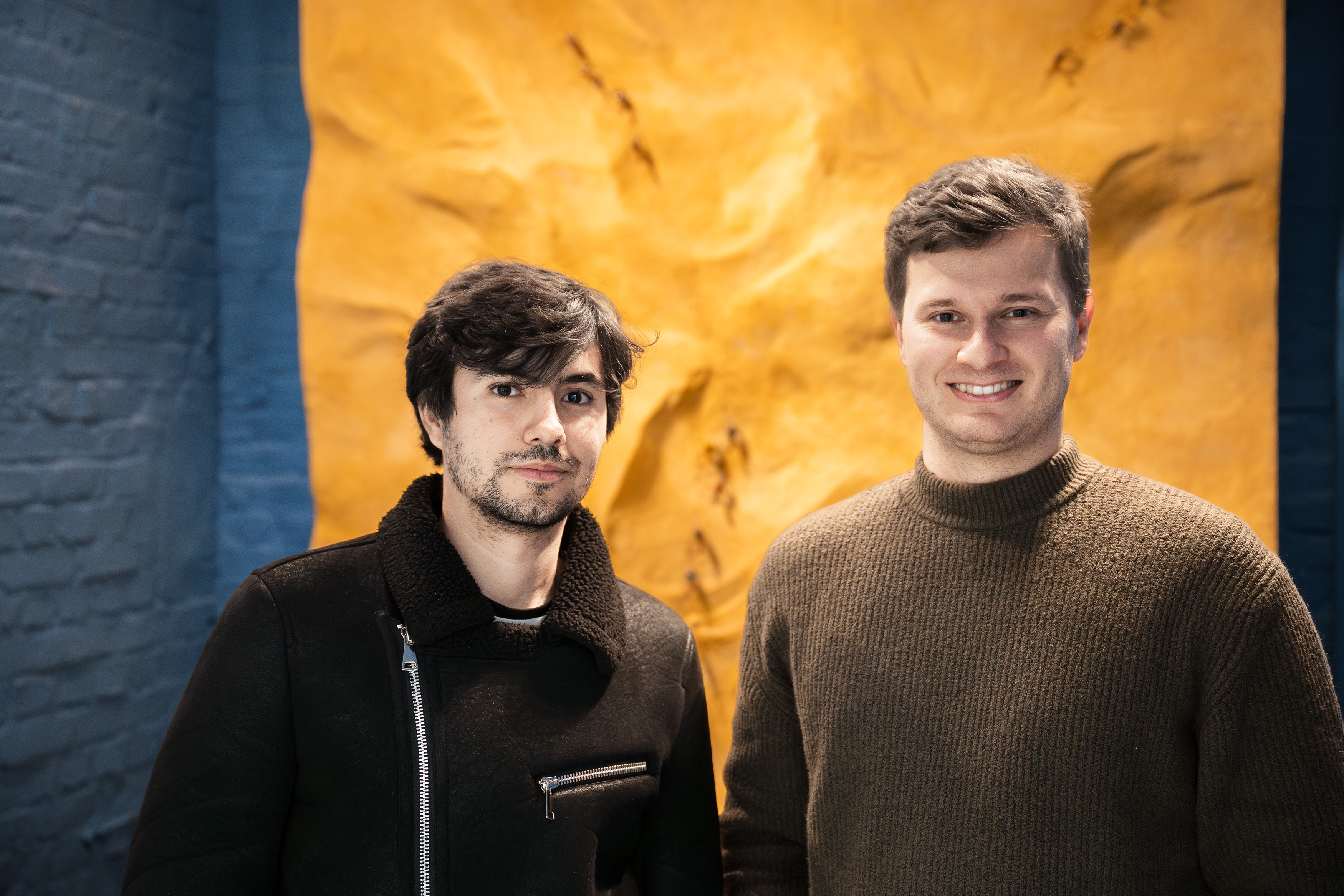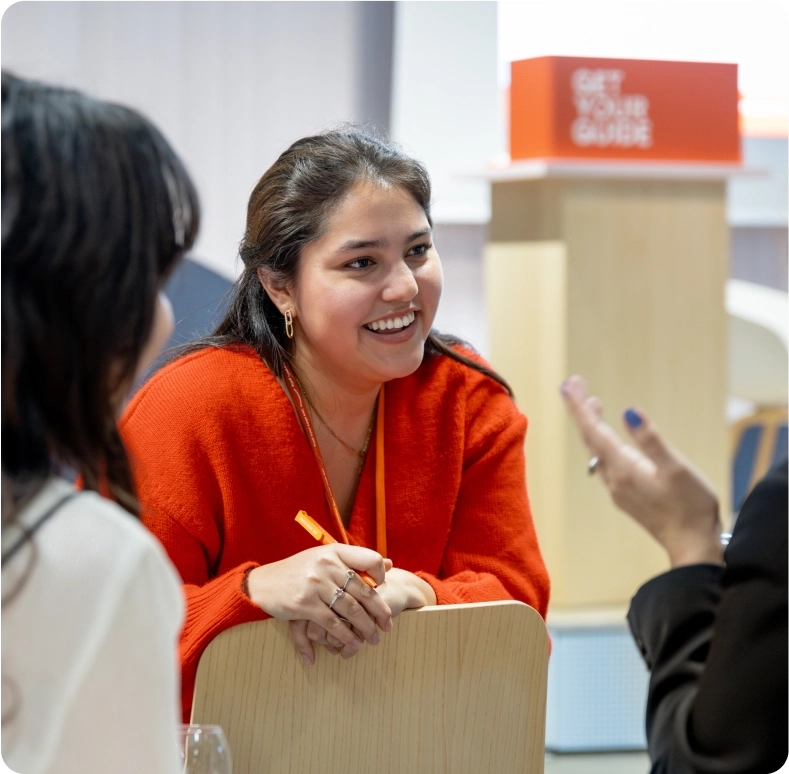Behind the Localization Team’s Session Around Mental Health and Well-Being
With the company in rocket-recovery mode and the extraordinary circumstances people have lived through in the past year, it felt natural and necessary to put mental well-being on our team’s OKR list. We wanted to make sure our team members are well and prepared to support the company’s recovery.

Key takeaways:
Mette Thomsen, interim Localization lead, explains why mental wellbeing is on her team’s list of OKRs. The former Danish language specialist, offers insight on how other managers can facilitate the conversation around mental health.
{{divider}}
What motivated you to make a team session about mental health?
With the company in rocket-recovery mode and the extraordinary circumstances people have lived through in the past year, it felt natural and necessary to put mental well-being on our team’s OKR list. We wanted to make sure our team members are well and prepared to support the company’s recovery.
GetYourGuide's internal Mental Health Advocacy Group (MHAG) inspired us to take this topic to a smaller, team level. We wanted to send a clear message to our team that this topic is a priority and part of our team values and to offer a smaller, more accessible setting. Company-wide mental health sessions can seem intimidating for some people.
I believe it’s a no-brainer to prioritize workforce recovery over (or along with) business recovery if companies wish to maintain a highly engaged workforce to reach ambitious goals on the other side of the pandemic.
How can we facilitate the conversation around mental health?
The key to facilitating mental health as more than a conversation is walking the talk. I recently took a sick day for my mental well-being and decided to openly message the team about it to show that it’s okay and that it will not cause any raised eyebrows. If I, as a people manager, am encouraging and expecting people to take care of themselves, I shouldn’t think twice about doing it for myself.
I also believe that every people manager should receive mandatory training on the topic of mental health. We’re not therapists and there’s only so much we can do, but this unprecedented situation requires us to be aware of questions to ask and signs to look out for when checking in with people.
You might also be interested in: Introducing the Employee Representation Group (ERG)
Why should managers bother to organize a team session on the topic of mental health?
As a people manager, you build the bridge between the results your team is expected to deliver and how enabled your team is to do so. If you feel your team members might need extra mental support in order to deliver at the moment, don’t hesitate to go into that conversation. Offering a non-mandatory team session around mental health felt right for us in Localization but that’s just one way to do it. I’d encourage every people manager to ask themselves if they’re knowledgeable enough on the mental health topic and if they’re facilitating the conversation around it, whether that takes place in 1:1s or team-wide sessions.
The time is calling for companies to show that work is more than business. We’ve only just begun to see the mental toll the pandemic has taken on all of us. If people feel safe and taken care of in their workplace, they’ll return that tenfold in results.
For our virtual team session, Iris Molenaar, Fabio Alves, and I presented the definitions of mental health vs. mental well-being, stigma in the workplace, the topic of languishing, and the importance of self-care. We made it interactive through polls, open discussions, and group talks where everyone shared their feelings as they reflected on their individual situation as well as how to look out for others. We’d be happy to share our approach and materials with anyone who’s thinking about doing something similar.
Every employee and manager is different but I cannot imagine a team that wouldn’t appreciate awareness on the topic. By talking about and accepting mental health in the workplace, we can support our teams in coping with mental exhaustion while achieving their goals. People might feel fine now only to crash later on and if that happens, it’s important to stand ready with support and resources.
You may also be interested in: Our hybrid approach to work
Why is mental health so relevant for a company’s success?
I believe it’s a no-brainer to prioritize workforce recovery over (or along with) business recovery if companies wish to maintain a highly engaged workforce to reach ambitious goals on the other side of the pandemic. The time is calling for companies to show that work is more than business. We’ve only just begun to see the mental toll the pandemic has taken on all of us. If people feel safe and taken care of in their workplace, they’ll return that tenfold in results.
Mental Health Advocacy Group
MHAG consists of a small group of passionate people who work at GetYourGuide and are committed to the issue of mental health in the workplace on a voluntary basis. Their main goals are:
- Promote mental health and wellbeing as an essential component to corporate health management and company culture and breaking the stigma around mental health in the workplace
- Provide training and resources on mental health topics and support managers in creating a safe and open environment for their teams.
- Create internal network where employees feel safe to share their experiences and reach out for professional support
For updates on our open positions check out our Career page.




.JPG)

.jpg)
